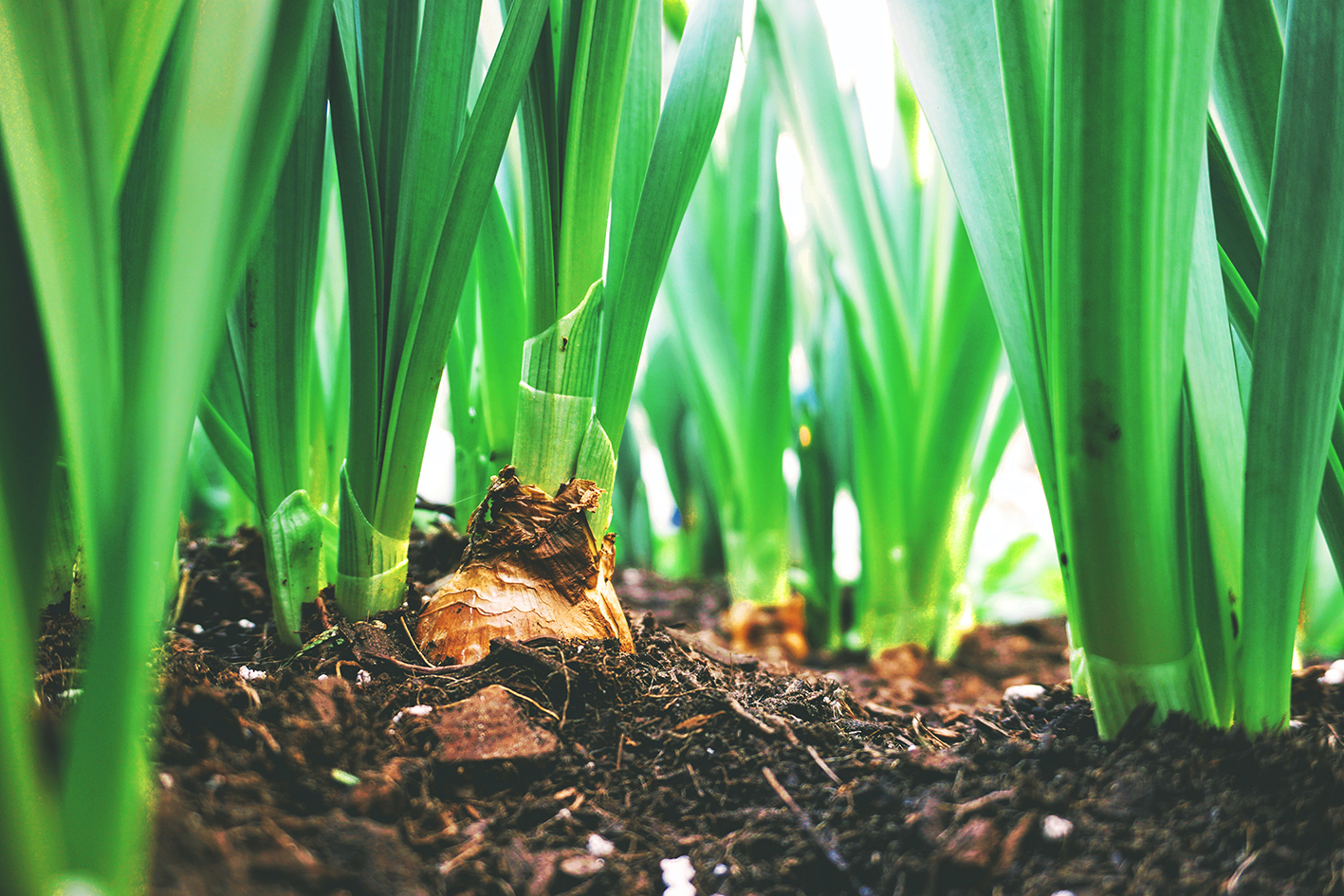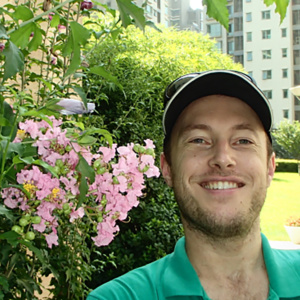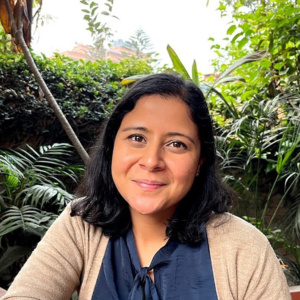The importance of ethics and ethical research – webinar
Online

THURSDAY 3 AUGUST 2023
3:00pm-4:30pm (AEST)
Online (Teams)
The RAID network are giving its members the opportunity to learn how to do research ethically.
We are pleased to have four guest speakers who will give advice and answer questions about ethical research.
Dr Julia de Bruyn
Topic: Reflections on Tools and Processes for Ethical Food Systems Research: Ethical Challenges, Trust, and Data Analysis
Dr Julia de Bruyn is an interdisciplinary researcher at the World Vegetable Centre, based at the Eastern and Southern Africa regional office. Julia’s work focuses on strategies to improve food security and nutrition in the Global South. Through her doctoral studies, Julia shifted from working as a veterinarian to evaluating the contributions of livestock-keeping to the diets and growth of children in rural Tanzania. Her subsequent research has spanned novel methods of dietary assessment, drivers of food access, community-based livestock health programs, and the role of animal-source foods in healthy, sustainable diets. In her current role, Julia’s research aims to provide evidence-based solutions to make vegetables more available, accessible and desirable in lower-income countries.
Michael Fabinyi
Topic: Positionality & Trust in Research
Michael Fabinyi is an Associate Professor from the University of Technology Sydney. His research centers itself on the social, political and cultural aspects of marine resource use and management in Asia and the Pacific. He has lived and worked in China, Indonesia, Malaysia, Papua New Guinea, the Philippines and Solomon Islands, working with many small-scale fishing communities within these countries. He brings with him a wealth of knowledge and experience in ethical research practice and authentically engaging with rural communities.
Emma Karki
Topic: Ethics in Practice: Experiences from Agricultural Research in the Eastern Gangetic Plains
Emma Karki is a Senior Research Analyst at the International Maize and Wheat Improvement Centre (CIMMYT) based in Kathmandu, Nepal. At CIMMYT, she is currently working on the Transforming Smallholder Food Systems (Rupantar) project in the Eastern Gangetic Plains and the Cereal Systems Initiative for South Asia (CSISA) project in the Western Terai of Nepal. She has over seven years of research experience working in South Asia on Conservation Agriculture based Sustainable Intensification, Sustainable and Inclusive Irrigation technologies, Collective farming, Feminization of Agriculture, Scaling Mechanisms, Power relations; Household Decision Making. She is interested in understanding institutions, structures, and systems for sustainable agricultural practices through a gender and social inclusion lens. She has a Masters in Climate Change and Development from the University of Sussex, UK.
Sophie Lountain
Topic: An ECR’s Approach to Ethical Research in Agricultural Development (Positionality and Data Analysis)
Sophie Lountain holds a Bachelor’s degree in Sustainable Agriculture and Food Security, a Diploma of Health Science in Nutritional Medicine, and a Master’s by Research in Applied Economics. Her master’s research thesis, titled ‘Technology, groundwater, and gender: Insights into smallholders’ access and preferences in West Bengal, India,’ involved conducting a primary data collection that garnered over 500 responses in West Bengal in 2021. Currently, Sophie is pursuing a PhD at the University of South Australia. Her doctoral research focuses on Women’s Empowerment in South Asia and aims to improve measurement to enhance welfare. This research project will involve gathering primary data from India, Nepal, and Bangladesh in 2024.
Sophie has experience obtaining human research ethics approval, a vital aspect of conducting research involving human subjects. Her diverse academic background and ongoing research pursuits demonstrate her commitment to addressing important issues related to sustainable agriculture, food security, gender, and women’s empowerment.